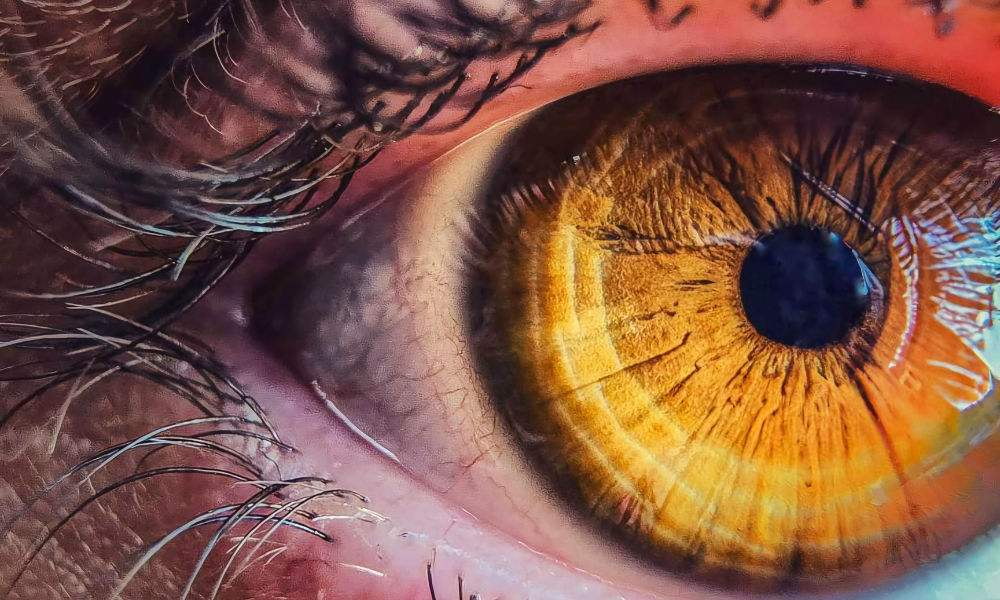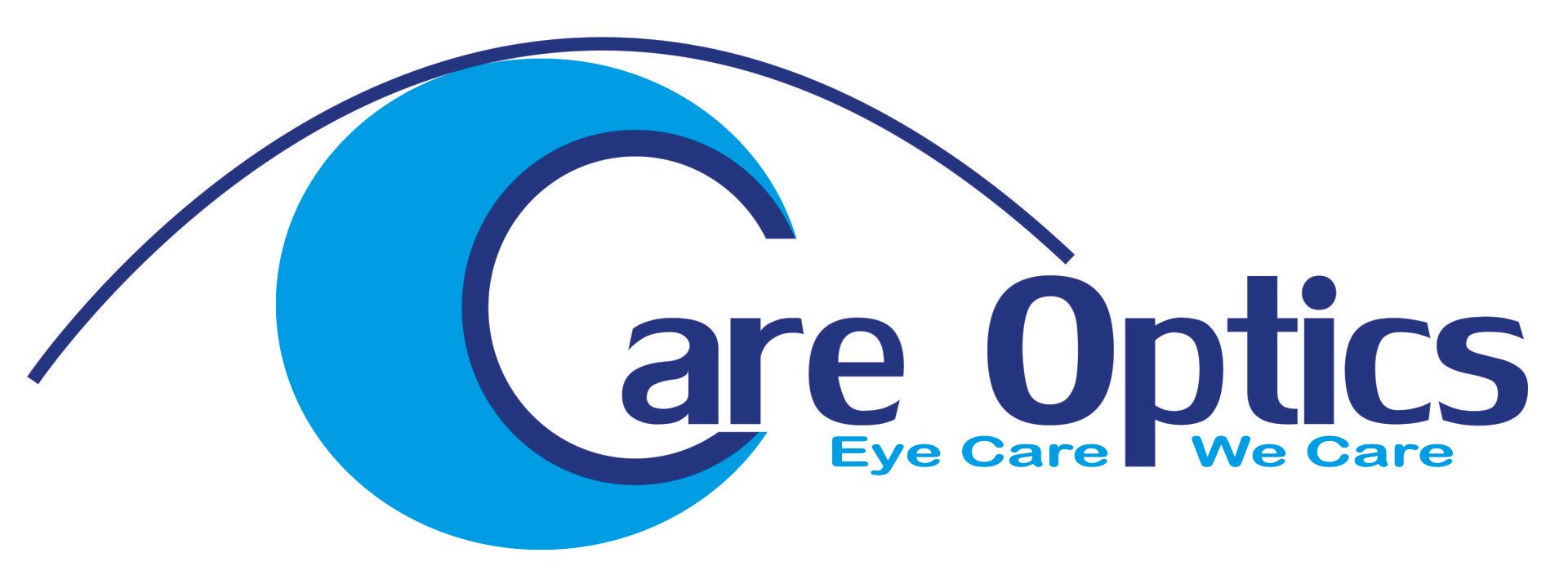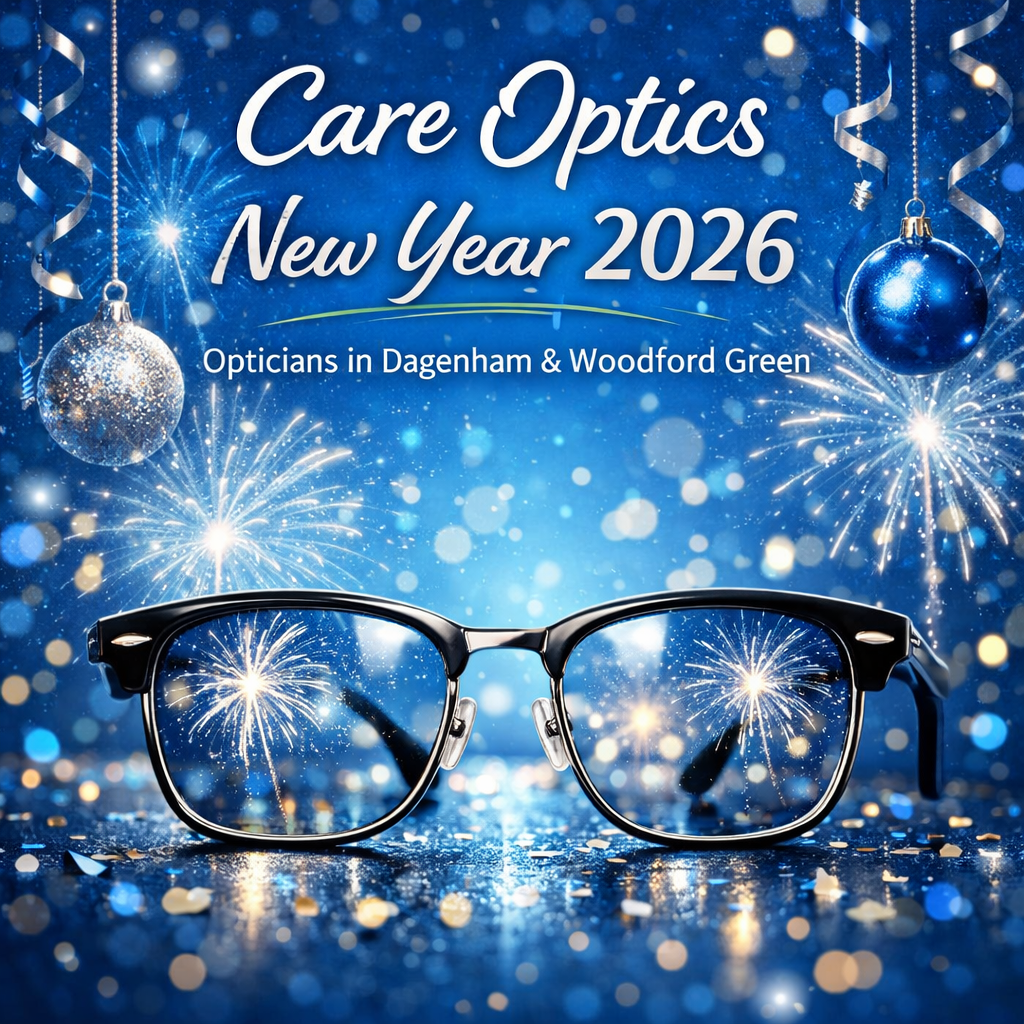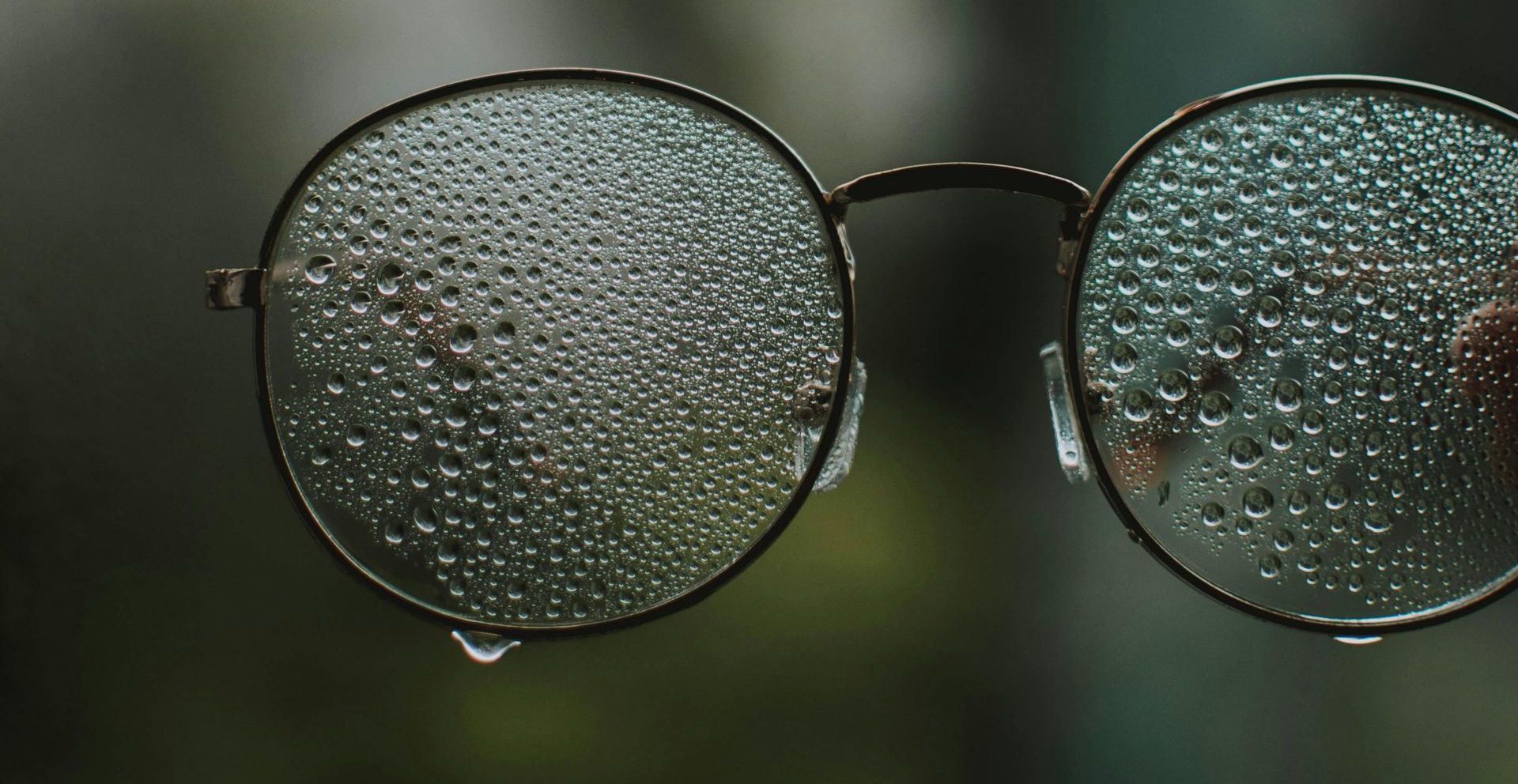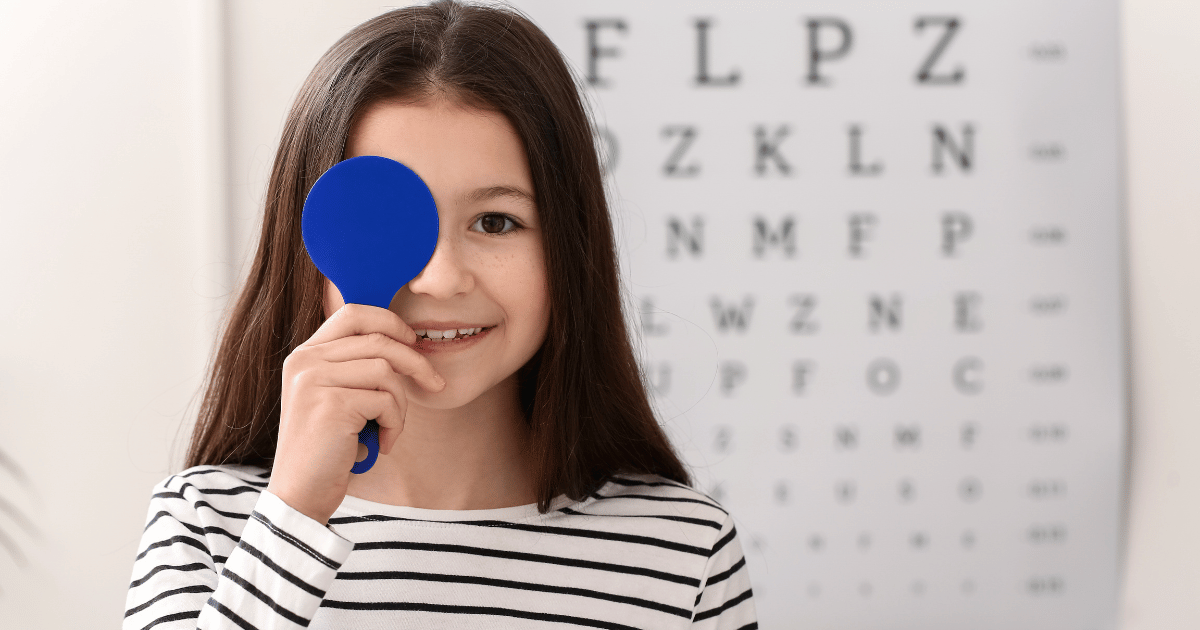What is myopia caused from? - A Global Pandemic
What can we do to help your child
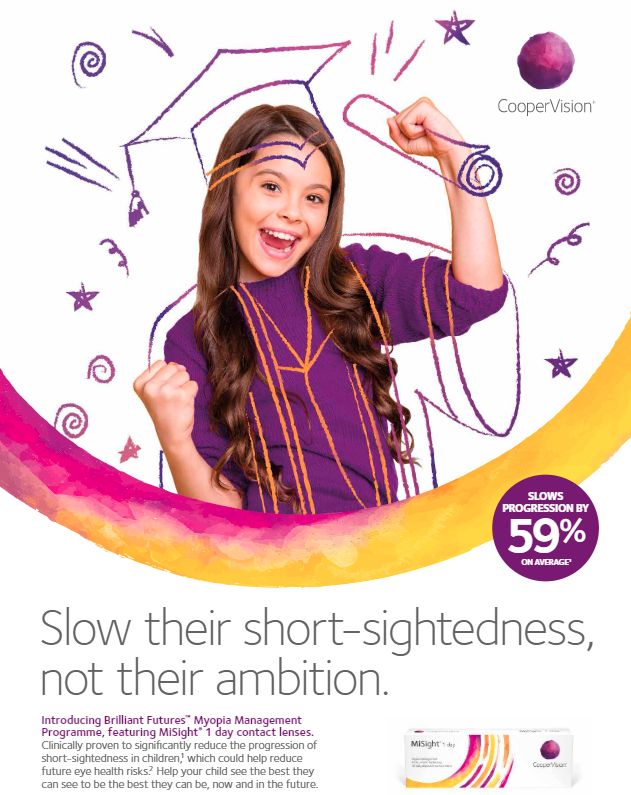
Did you know that Myopia is growing exponentially and is now considered a Global Epidemic?
Evidence shows that Myopia is growing around the world, with a recent study estimating that on average, 30% of the world is currently myopic and by 2050, almost 50% will be myopic - that’s 5 billion people! The map below shows how much is estimated that the Myopic population will grow from now to 2050.
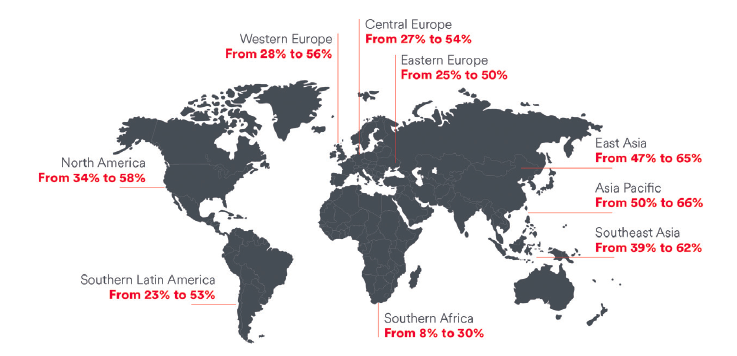
Myopia can be defined
as a condition of the eye with a spherical equivalent refraction of at
least -0.50D that produces
poor distance vision. However, the definition of high myopia is rather vague, although of
more concern because of the associated pathological complications. High
myopia
is
usually
defined
as
ranging
from
-
5.00 to
-
12.00 D
and
there
is
agreement
among
experts
that
high
myopia
increases
the
risk
of
pathologies
such
as
cataracts
, glaucoma
, retinal
detachment
and
macular
degeneration
all
of
which
can
result
in
irreversible
loss
of
vision.
Myopia Risk Factors
There are 2 main causes when it comes to Myopia development - those are Genetics and Enviroment.

Myopia, particularly high myopia, often exhibits apparent familiar aggregation, and multiple studies have shown that genetic factors significantly contribute to its development.
Even though there seems to be a high ration of inherited Myopia,environment also seems to play a very important role. Increased outdoor activity has been shown to prevent the onset of myopia,with a visible response between the time spent outdoors and the risk of incident myopia. Interestingly, by simply being outside without engaging in a sport or activity has shown to reduce the prevalence of myopia.
There is mounting public concern that modern society’s dependence on computers and handheld technologies may be contributing to the increasing global incidence of myopia as children are spending long periods of time on devices for school work and also during their free time. It is advisable that children should spend at least 2 hours outside every day to profit from the natural sunlight.
How can I help my child?
There are a few things that can be done about Myopia Management, but the 2 that seems to work best are:
- Corrective Spectacles - That can have Single Vision, Bifocal or Varifocal lenses, according to the child's problem;
- MiSight® 1 day Contact Lenses - MiSight 1 day not only correct short-sightedness—they’re also the first soft contact lenses proven to significantly reduce the progression of myopia in children. When wearing MiSight 1 day contact lenses, your child can experience clear vision, freedom from glasses and continue to enjoy the activities they love. MiSight correct and slows the progression of short-sightedness in children by 59%, utilising special ActivControl® Technology.
If you are worried about your child wearing contact lenses from such a young age, there is no need for that! They are safe and we will only fit them once we are 100% sure that your child and yourself are capable of handling them with confidence. From children aged 8-15, who had never worn contact lenses before:
- 90% of children said they preferred wearing their MiSight 1 day contact lenses over wearing their glasses.
- 90% of children were able to insert and remove MiSight 1 day lenses on their own.
- Child-friendly, soft contact lenses that are easy-to-use.
- Convenient daily disposable contact lenses—no need to clean or store them.
So if you suspect that your child has visual problems or if you have history of Myopia in the family, why not book him/her for an eye examination? Eye Examinations are free for children under 16 years old and at Care Optics we pride ourselves on our Optometrist team and their excellence to deal with all sorts of visual concerns and conditions. To book an appoiment you can either call or email us at the practice that suits you best. Contacts for both practices are below:
Woodford
Woodford@careoptics.co.uk
020 3551 6075
Dagenham
Dagenham@careoptics.co.uk
020 8592 6060
Keep in mind: At Care Optics - Eye Care, We Care
